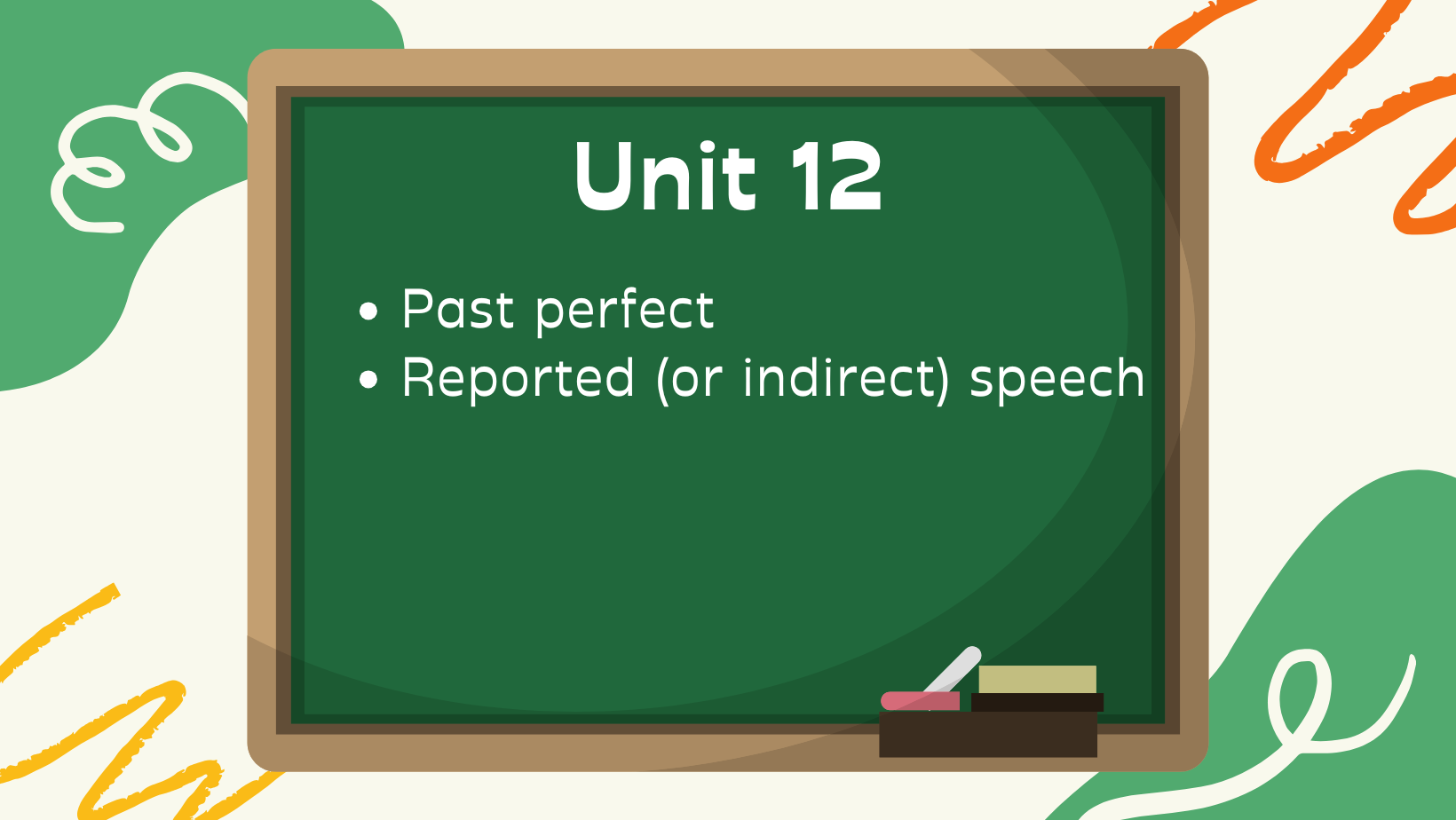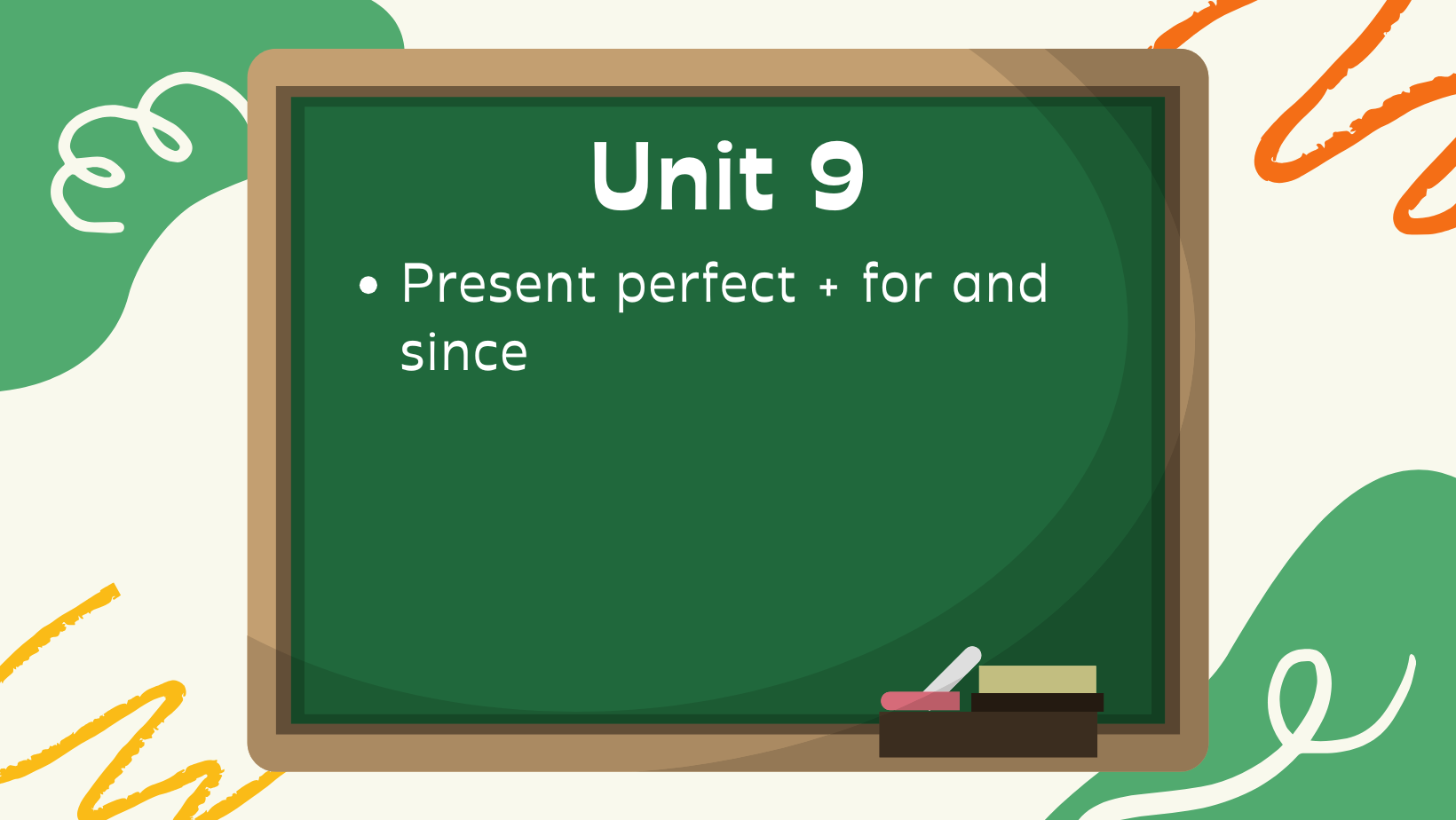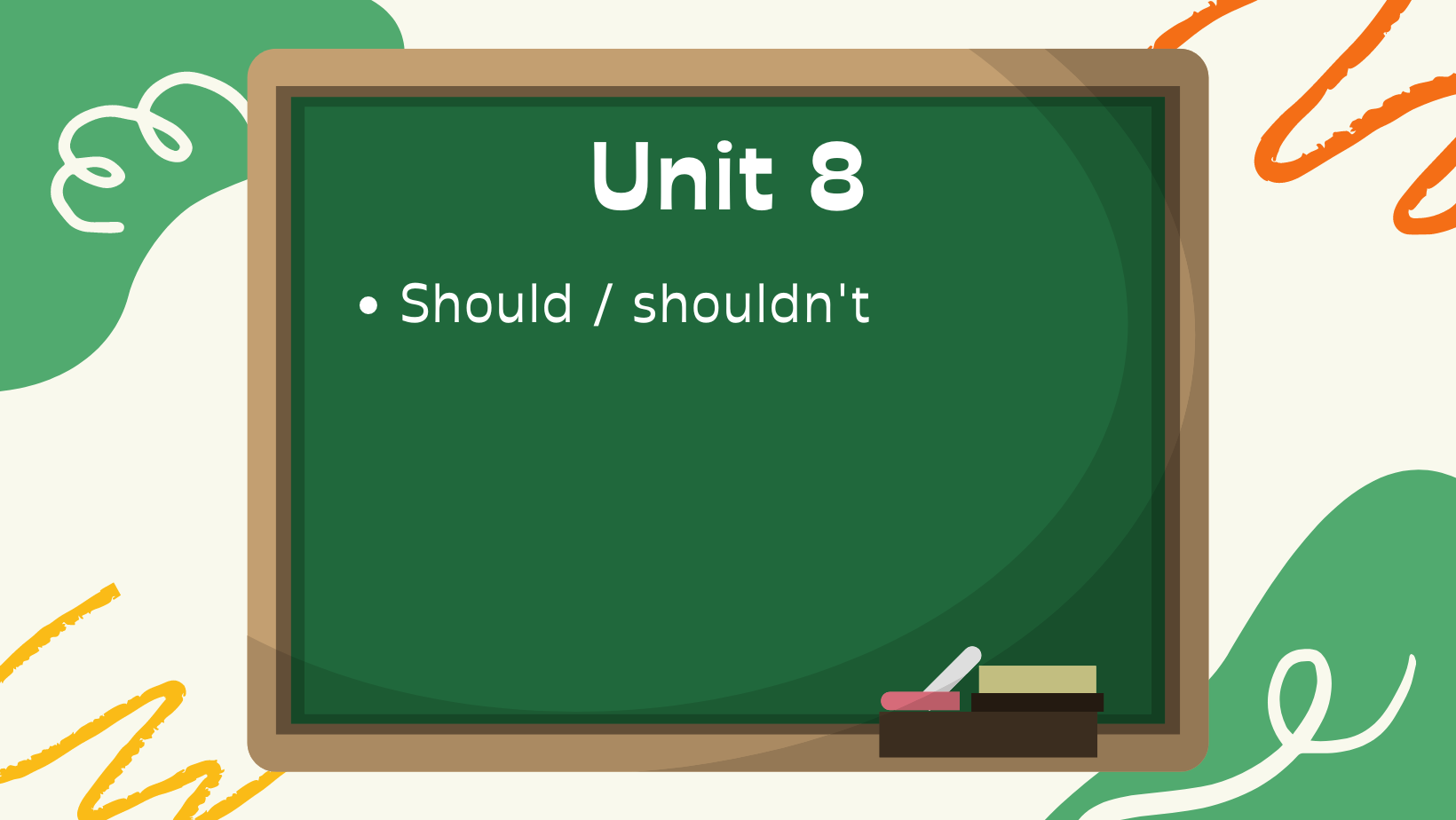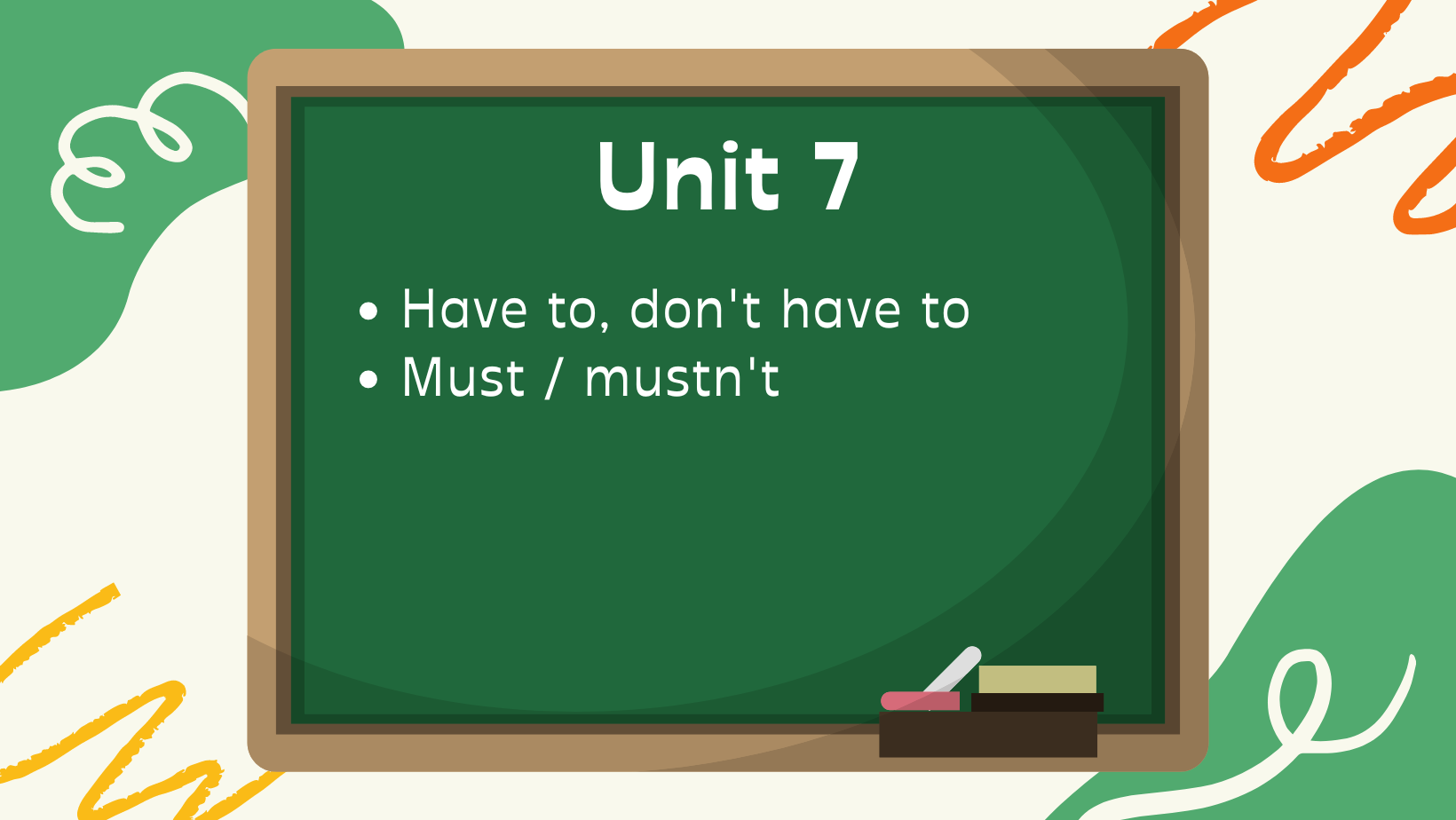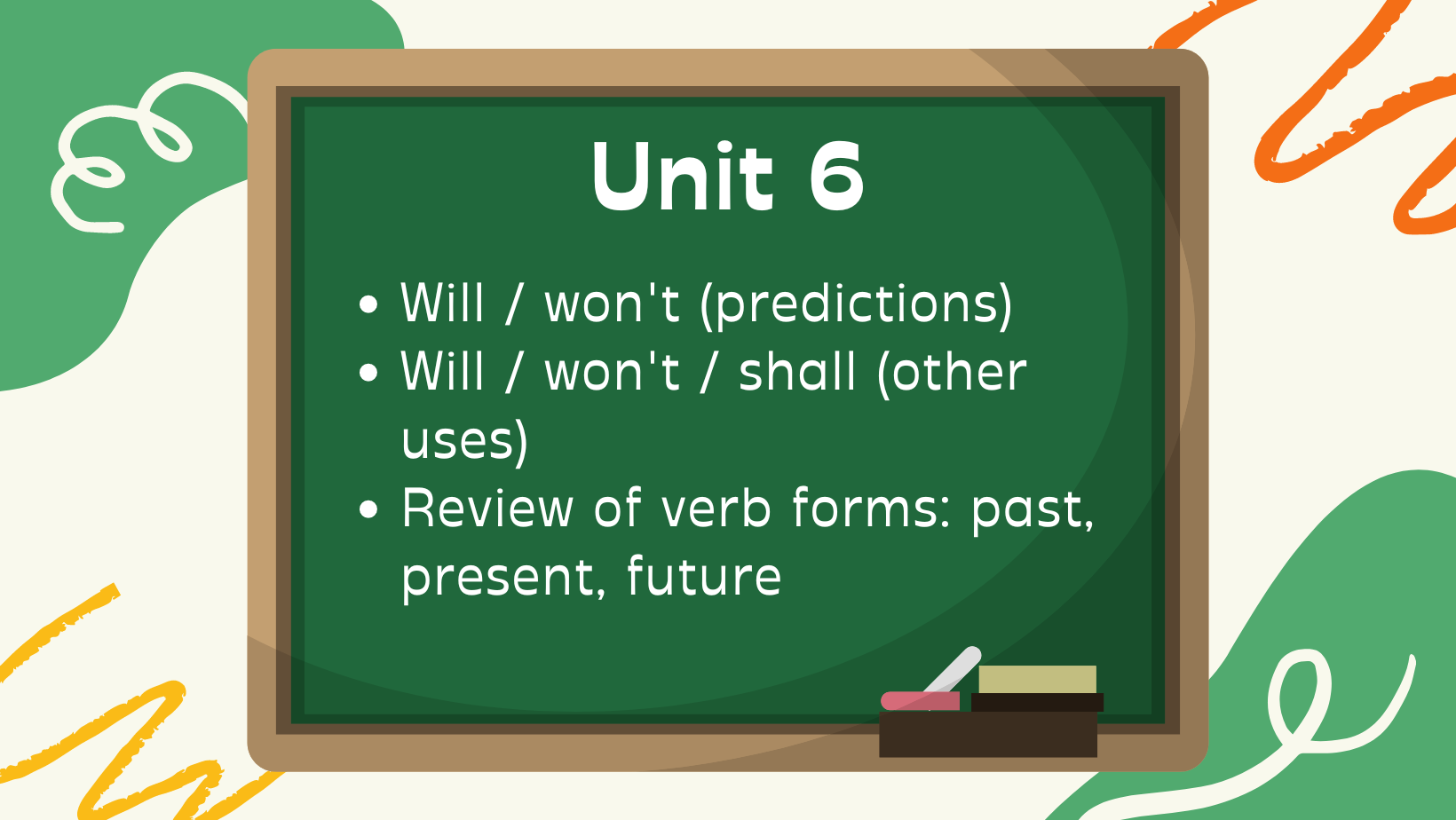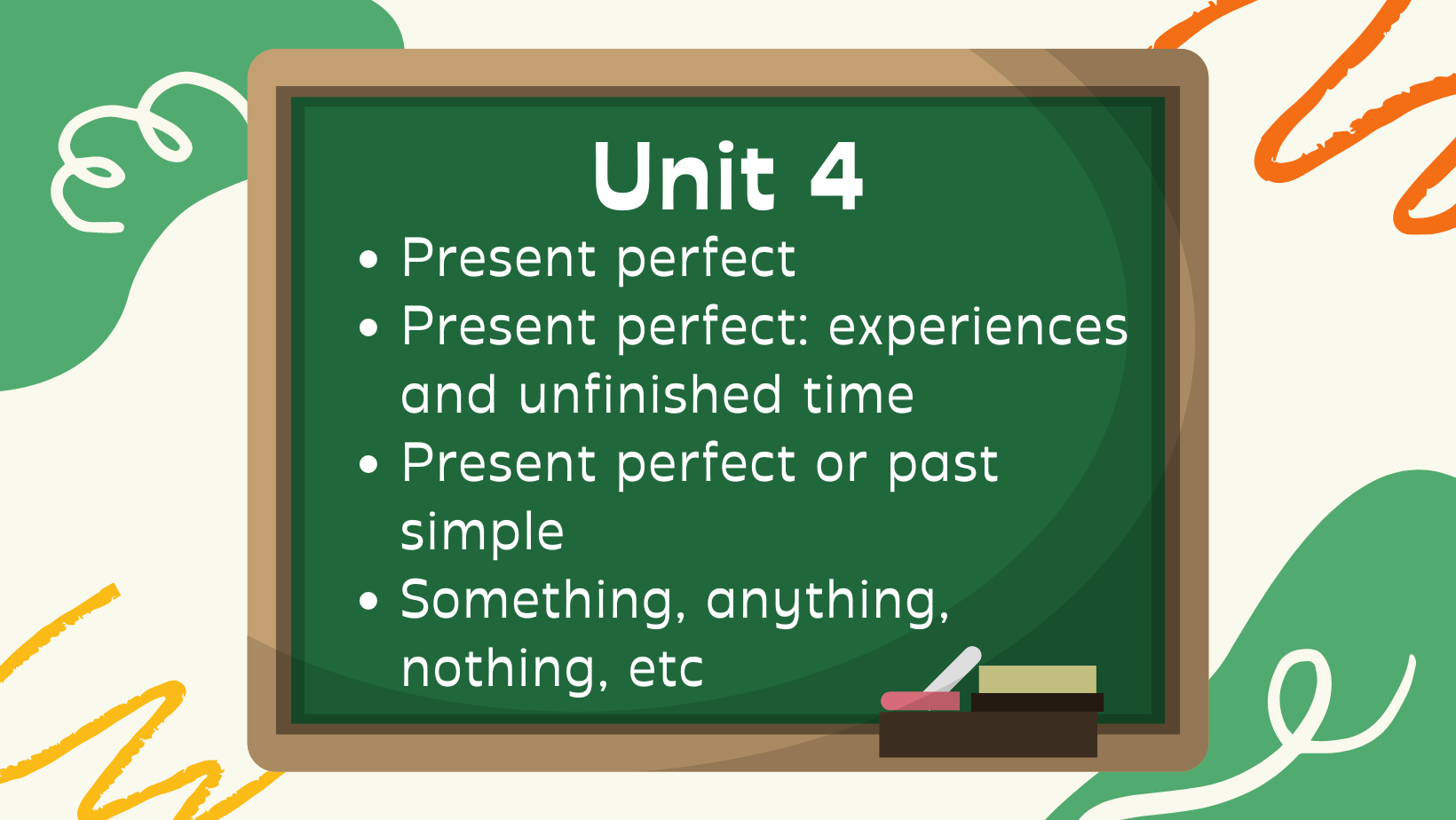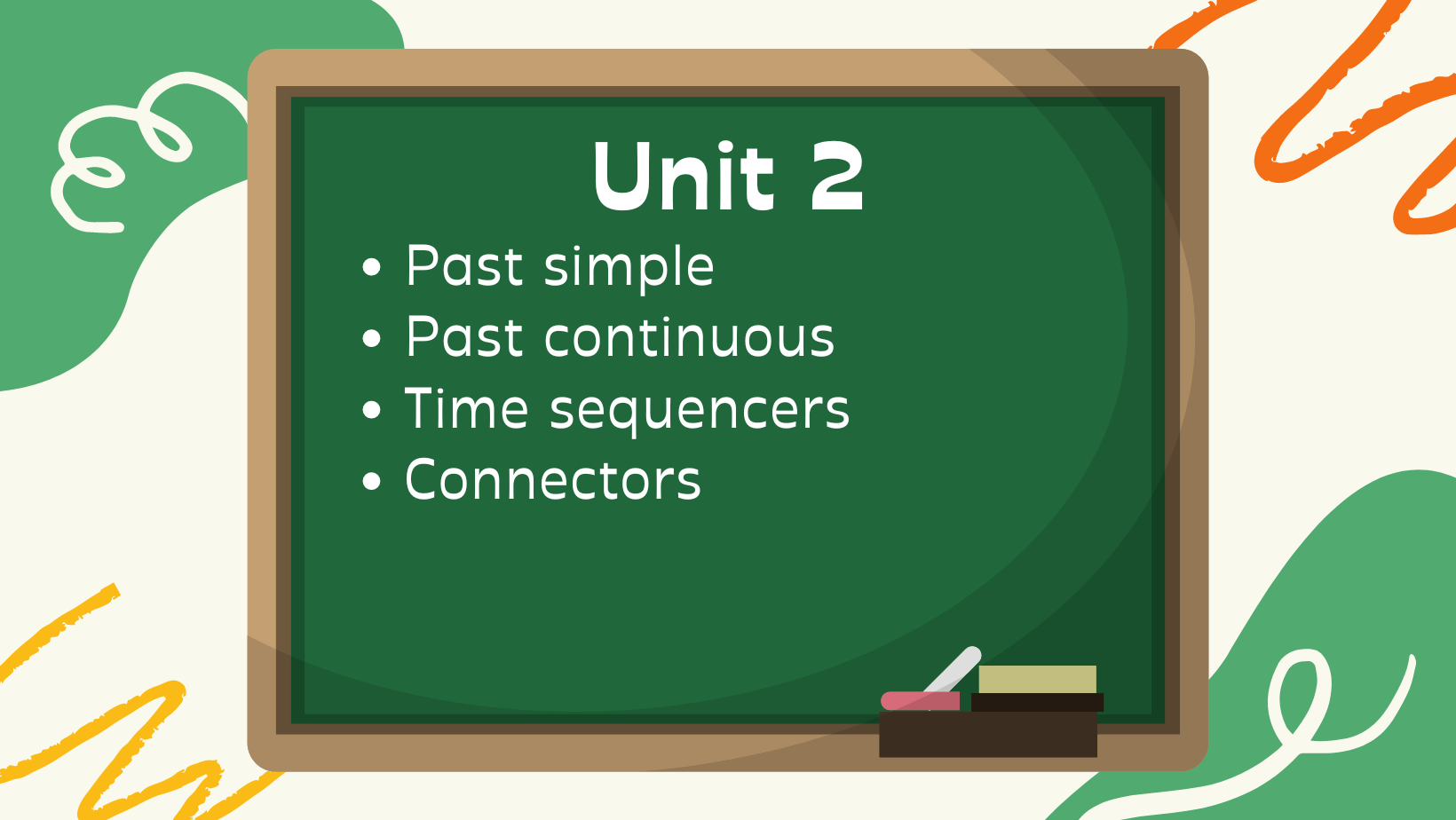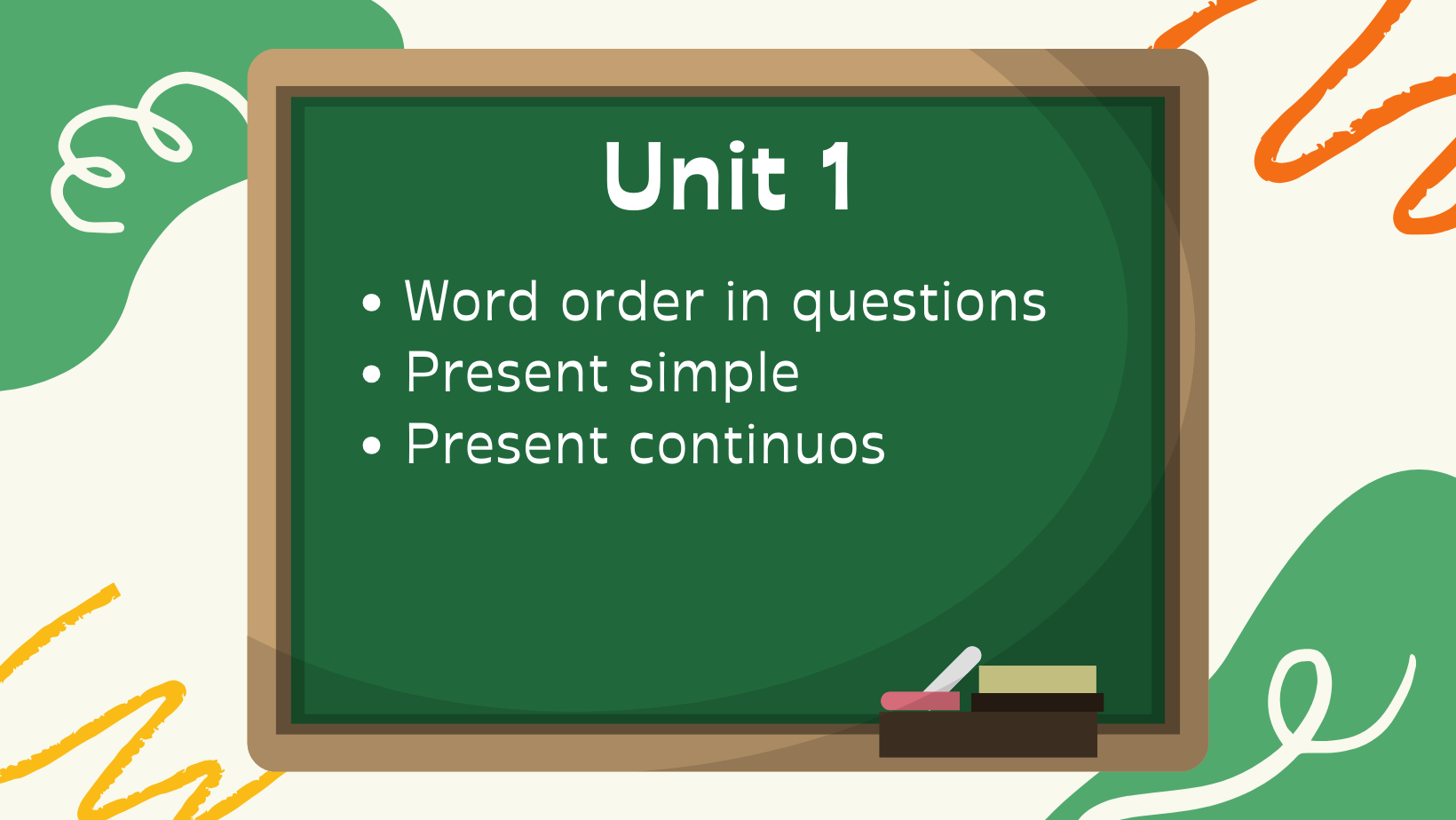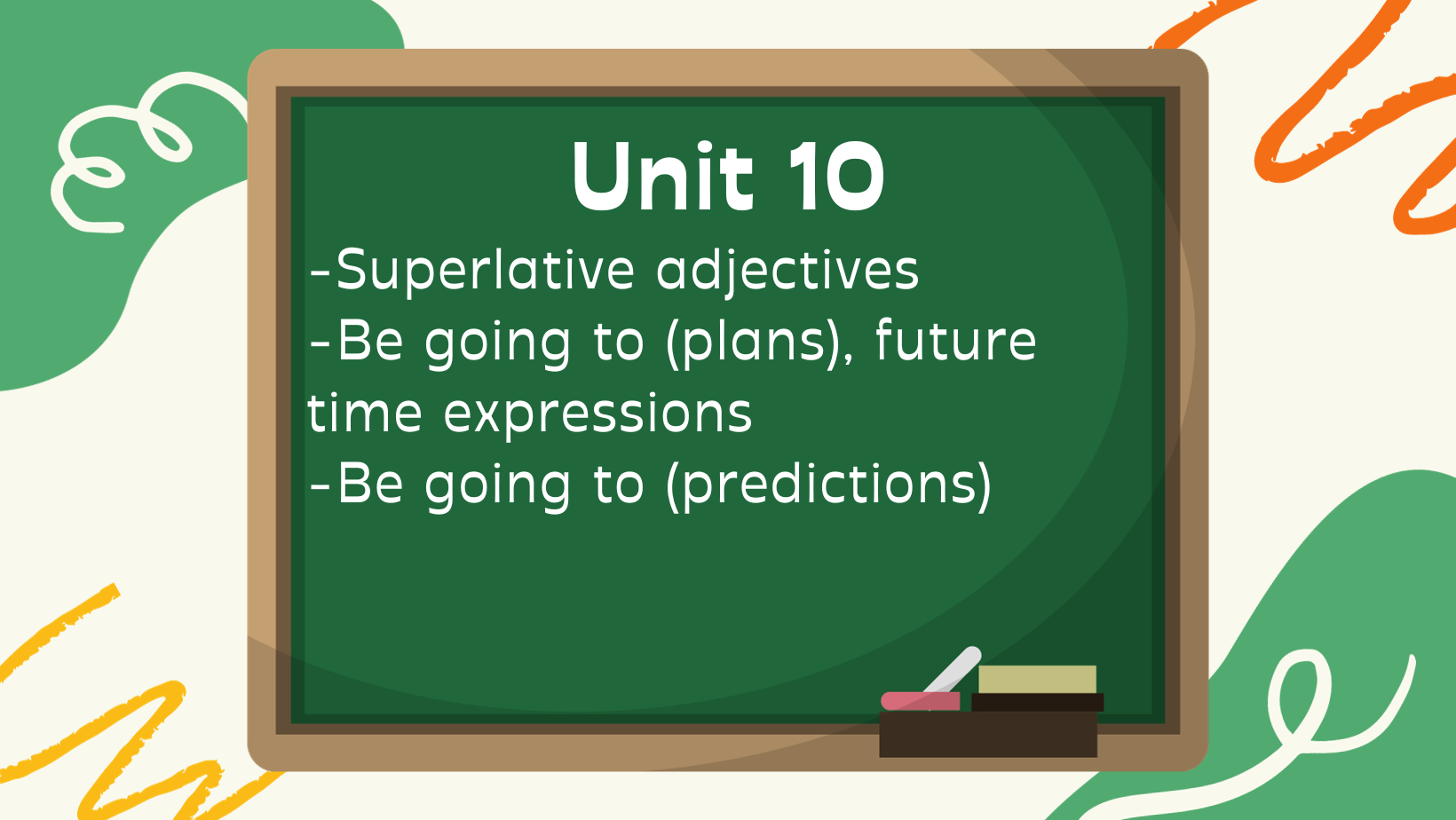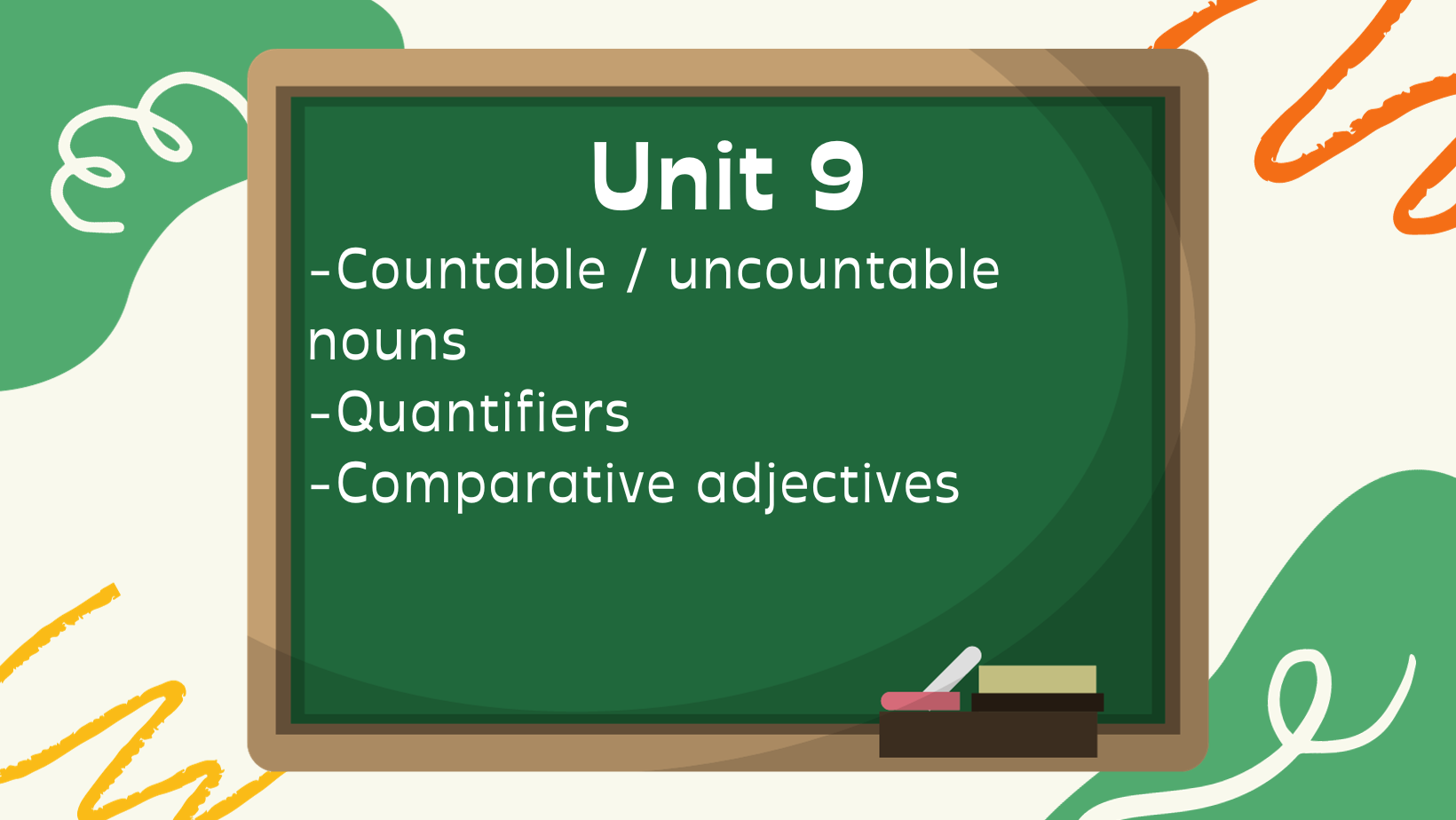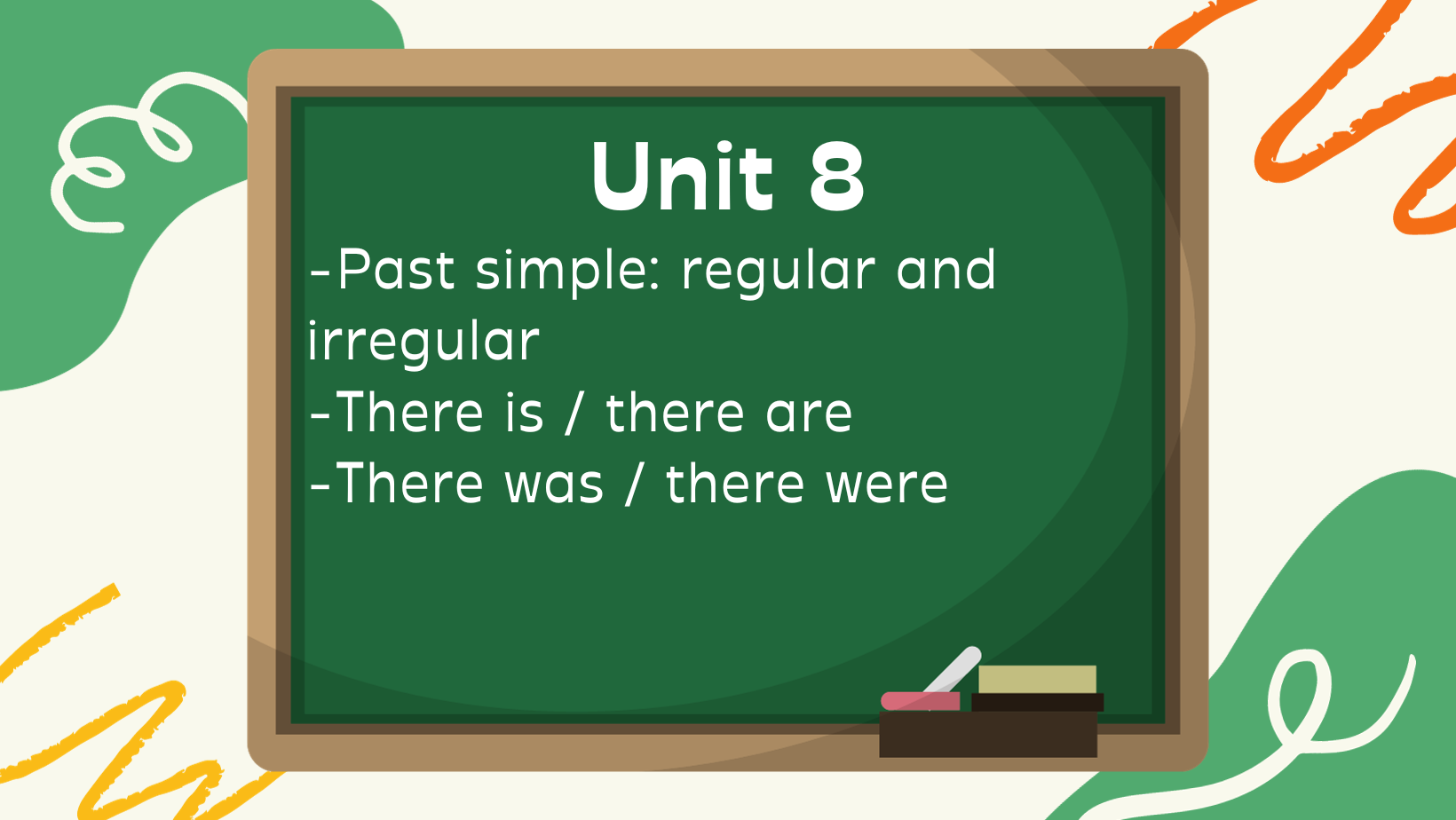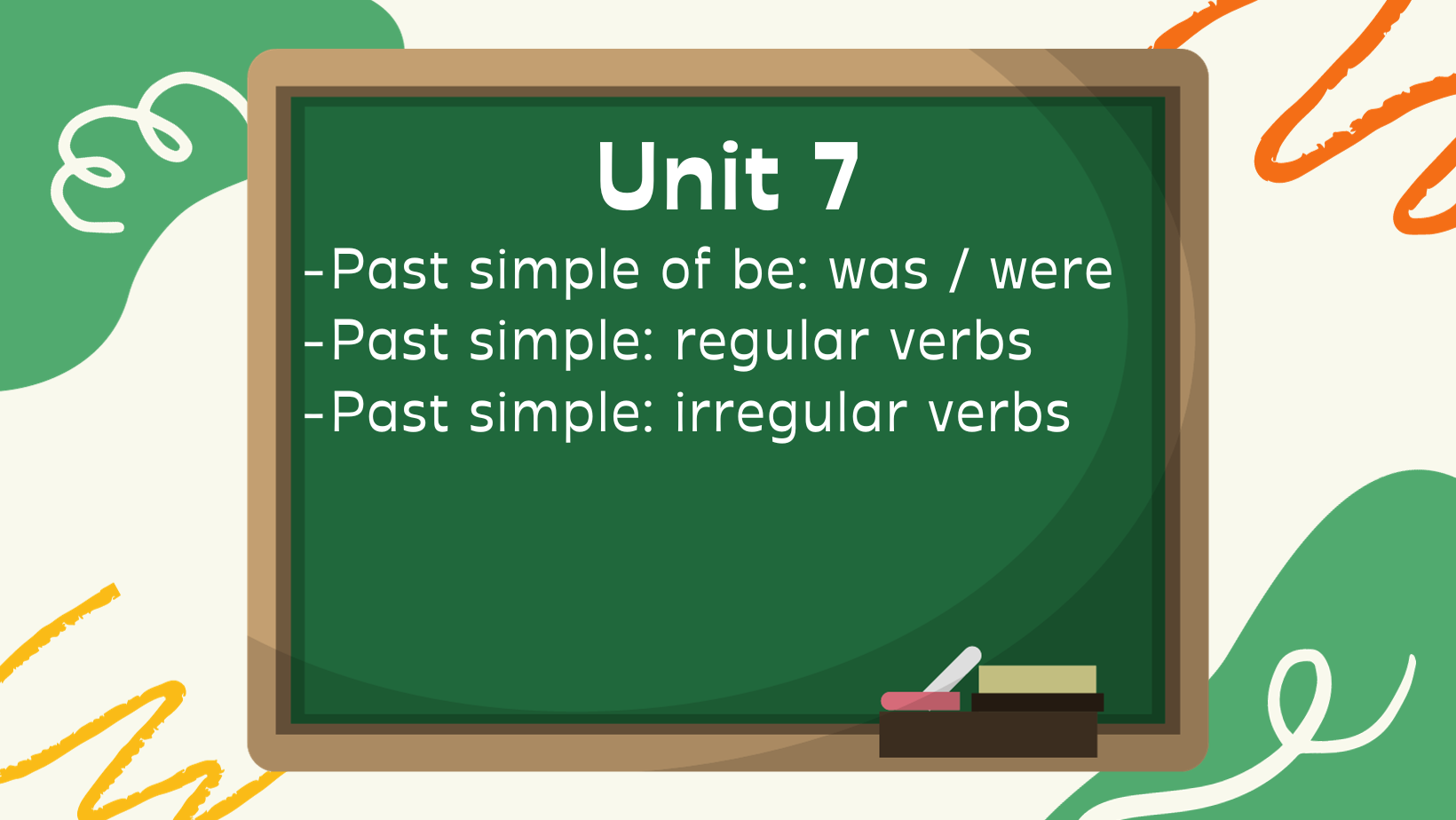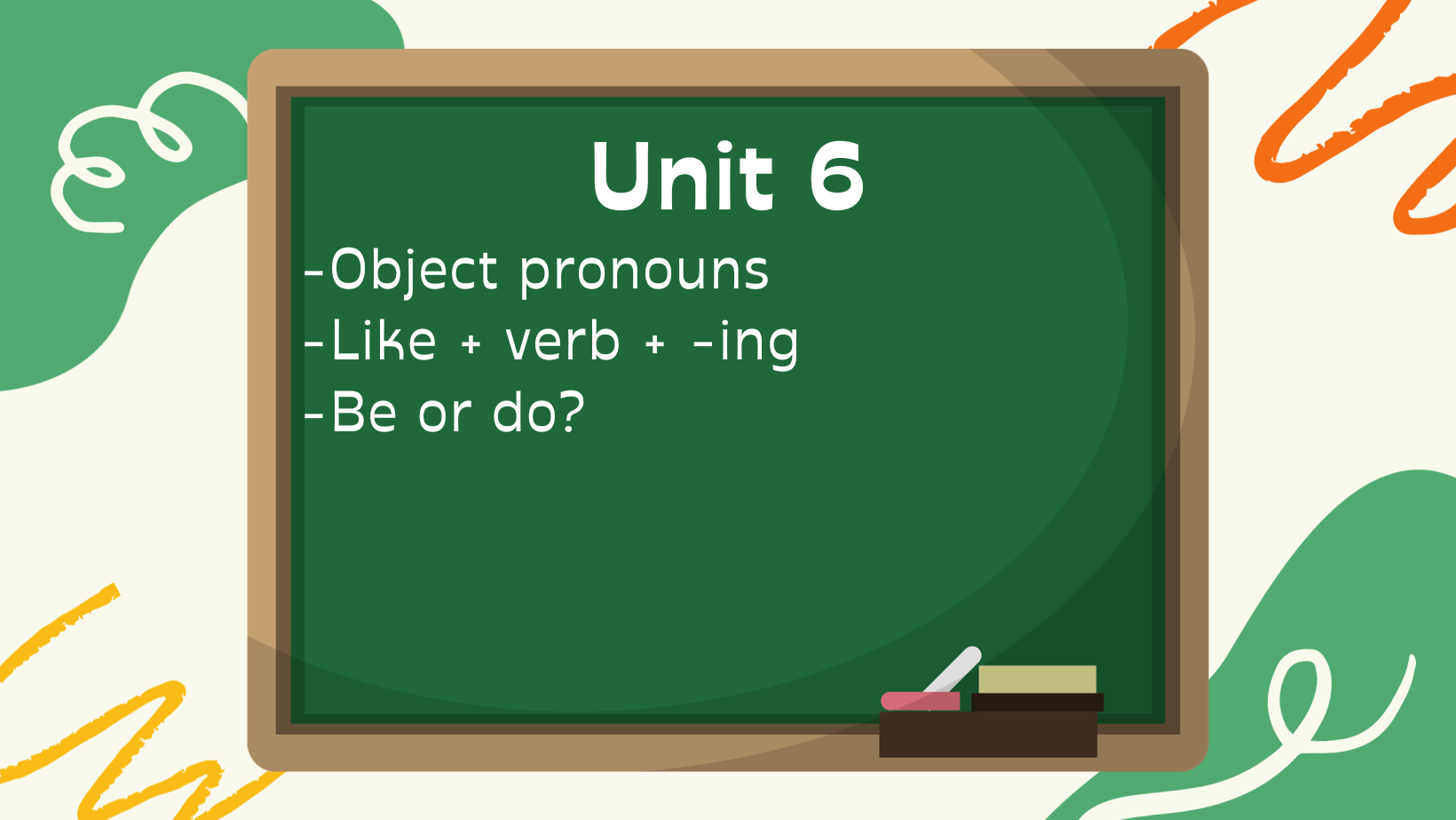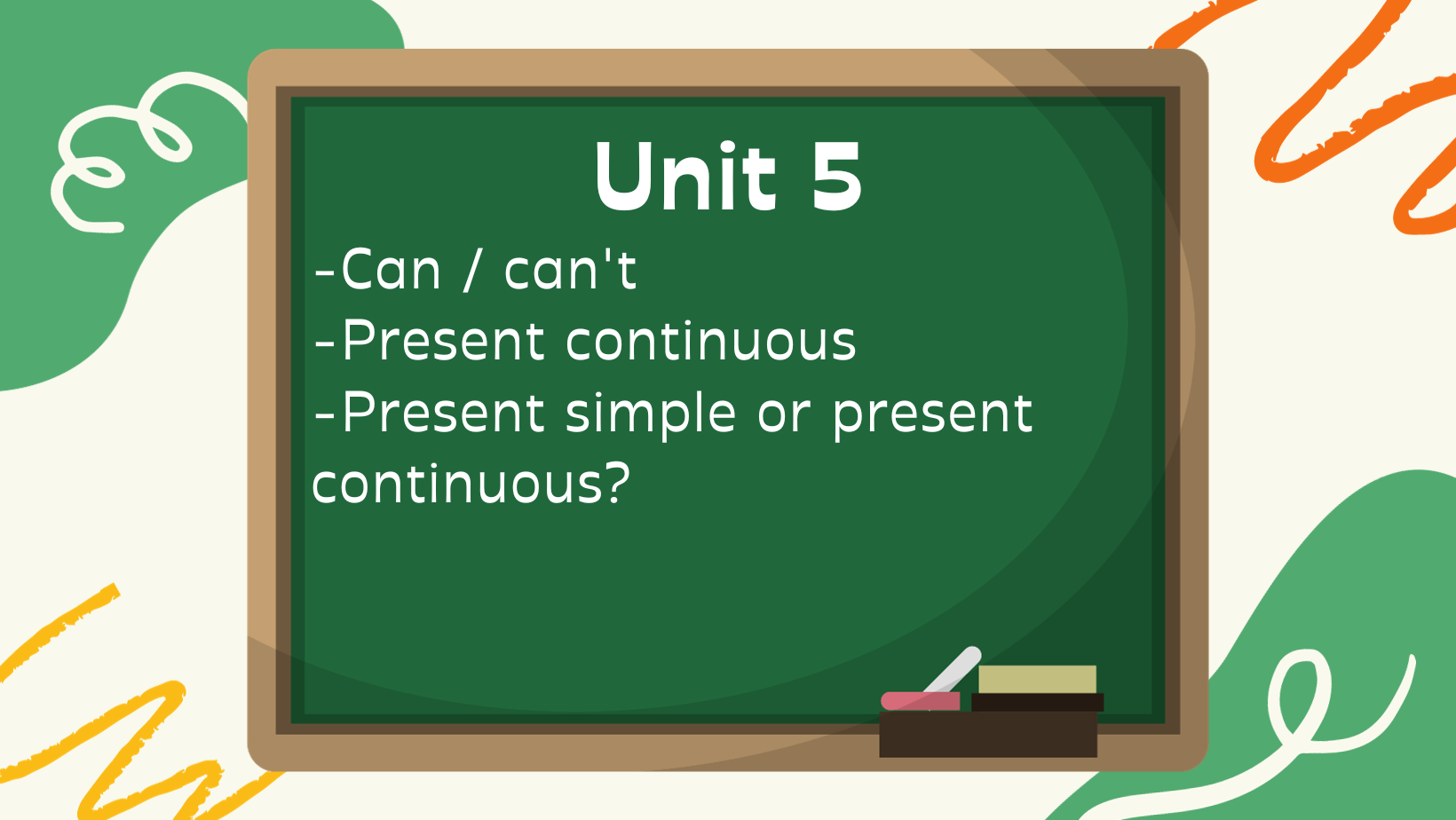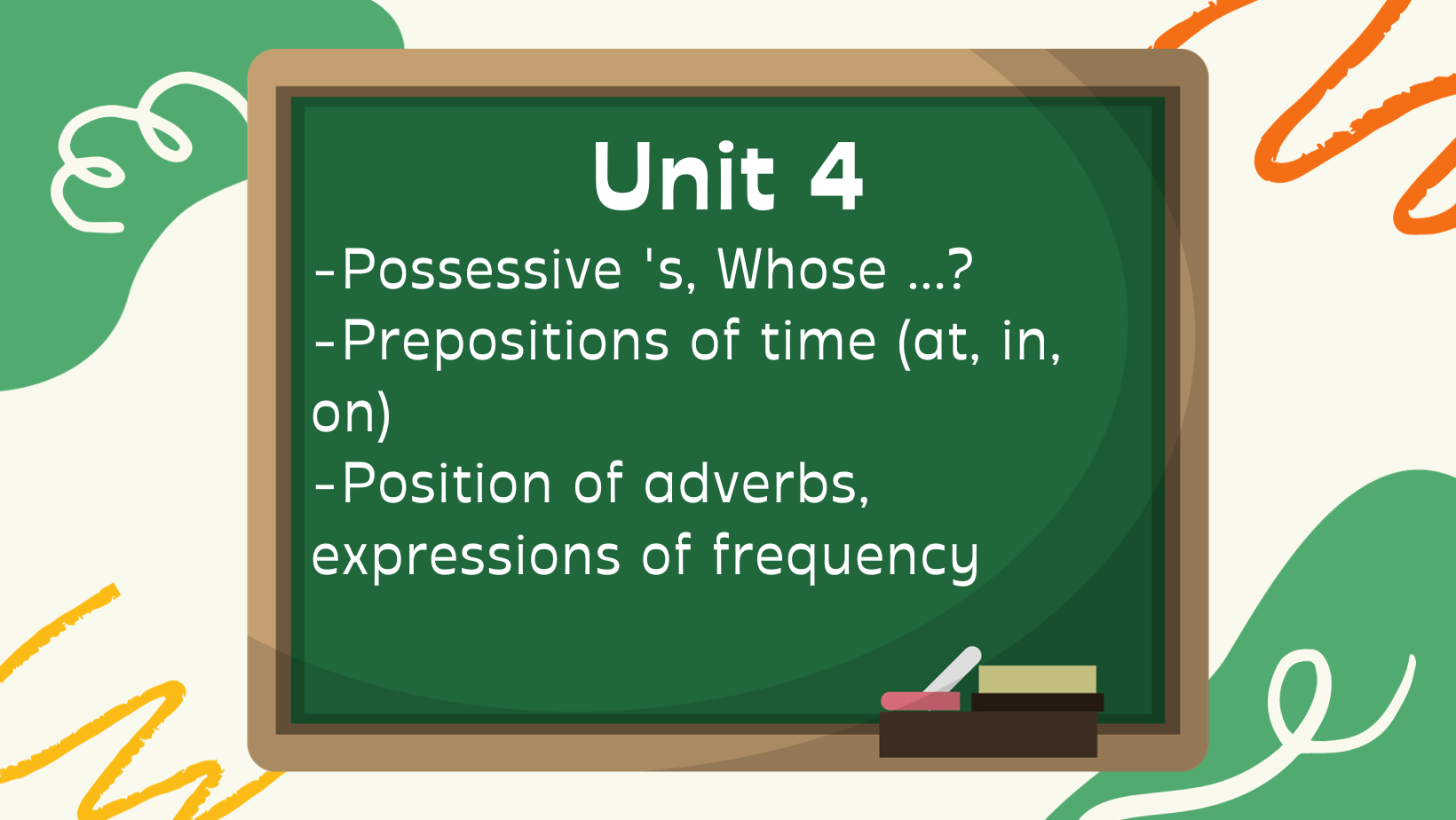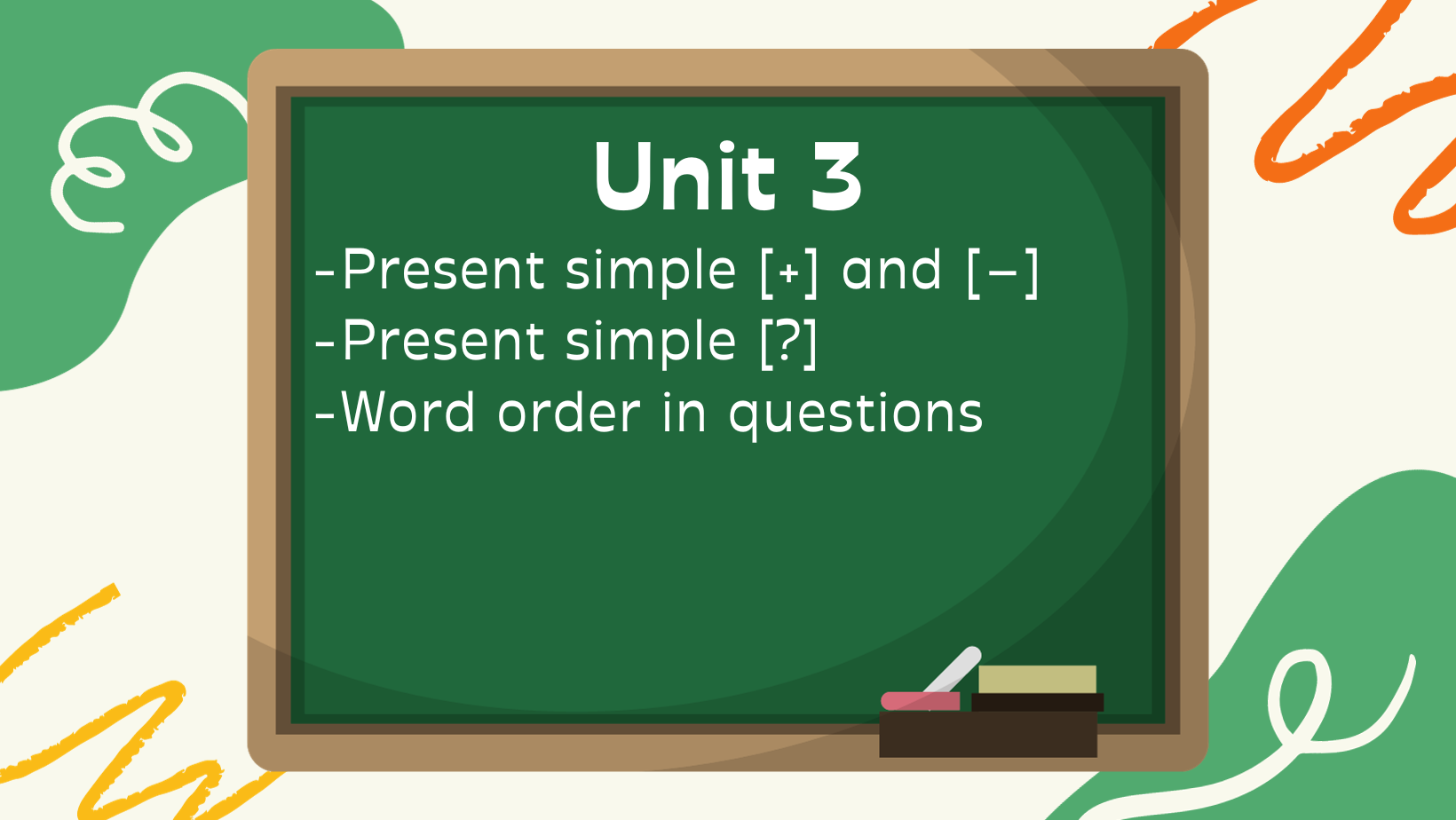Unit 3
Be going to (plans and predictions)
EXAMPLES
- I'm going to give a talk at the conference.
He's going to meet me at the airport. - I'm sure England are going to lose tomorrow.
It's going to rain tonight.
FORM
I
[+] I'm going to give a talk.
[–] I'm not going to give a talk.
You / We / They
[+] You / We / They're going to give a talk.
[–] You / We / They aren't going to give a talk.
He / She / It
[+] He / She / It's going to give a talk.
[–] He / She / It isn't going to give a talk.
[?] Are you going to give a talk ?
[+] Yes, I am. [–] No, I 'm not.
[?] Is he going to give a talk ?
[+] Yes, he is. [–] No, he isn't.
- We use be going to + infinitive to talk about future plans or intentions.
- We also use be going to + infinitive to make a prediction when we know or can see that something is going to happen, e.g.
It's winter there, so it's going to be cold.
Look at that car! It's going to crash.
Present continuous (future arrangements)
EXAMPLES
[+]
I'm seeing a friend tonight.
She's arriving at lunchtime.
[–]
She isn't leaving until Friday.
They aren't coming to the party.
[?]
What are you doing this evening?
Is she meeting us at the restaurant?
FORM
We often use the present continuous with a future meaning, especially for future arrangements, i.e. for plans we have made for a fixed time and place in the future. Don't use the present simple for this. NOT I see some friends tonight.
Defining relative clauses with who, which, where
EXAMPLES
- That's the woman who won the lottery last year.
A chef is a person who cooks food in a restaurant. - A clock is something which tells the time.
Is that the book which won an important prize? - A post office is a place where you can buy stamps.
That's the restaurant where I had dinner last week.
FORM
- We use defining relative clauses to explain what a person, thing or place is or does.
- Use who for a person.
- Use which for a thing.
- Use where for a place.
- The verb after where needs a subject, e.g. you.
- We can also use which to talk about a place, e.g.
A post office is a place which sells stamps.
Lessons
